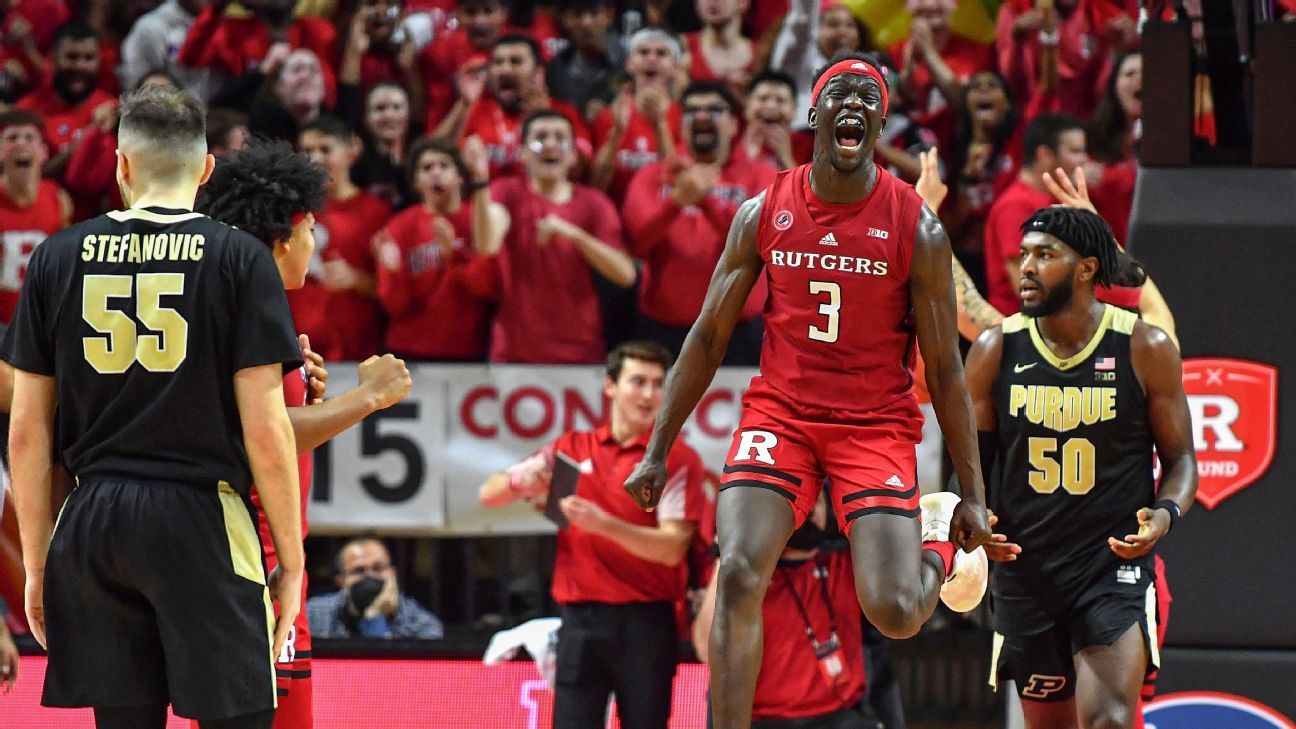As conference play heats up, we’re going to hear a lot about so-called “bad losses.” You know, those supposedly inexplicable results that many will cite when it comes time to eliminate one bubble team or another. This is especially true among top mid-major at-large candidates, whose already slim margin of error is reduced by a conference schedule completely out of their control.
So let us make two New Year’s resolutions on the topic:
-
Restrict use of the term “bad loss” to when it truly applies. In particular, remember that almost no road loss in league play is a “bad” one. Gonzaga at Pacific later this month? Yeah, that would be bad. San Francisco at Santa Clara in February? Hardly.
You see, almost every road team is supposed to lose. In fact, home teams in Division I men’s basketball win about 70% of the time. This has been the case since John Wooden told Bill Walton to shave his beard. From (Big) East to (Big) West, road teams lose. Period.
Thankfully, the major selection and seeding metrics take this into account. Yet, we pundits often linger on road losses instead of highlighting the far more significant road victories. Bloated leagues and unbalanced schedules only exacerbate the difference.
So, again, to be bad, a conference loss — especially on the road — has to be really bad.
-
Apply this thinking across all levels of the sport. Why do we excuse a Pac-12 bubble team losing at the Arizona State, but look down our noses if St. Bonaventure loses at George Mason? It’s an inability to separate perception from reality.
The aforementioned UCLA Bruins of Walton and Wooden once made the cover of Sports Illustrated for losing two of two on an Oregon swing. Yet I’m here to tell you that this season (and most others), a ton of non-Power Five teams — George Mason and Saint Louis, Santa Clara and Loyola Marymount, Missouri State and Southern Illinois — are better than the likes of Oregon State, NC State or Georgetown. Losing at their gym is no crime against the sport. Indeed, it’s just as hard — if not harder — to win in Carbondale as it is in Corvallis.
This week, resurgent San Francisco (13-1) opens its conference season at Saint Mary’s (12-3). One of them is going to lose, and someone will surely place the loser on the wrong side of the bubble. This is, quite simply, nuts. Especially when we consider that if Creighton and DePaul had opened Big East play last week as scheduled, neither would have been dinged much with a loss. Just another case of “power conferences beating each other up.”
Let’s be smarter than that.
In the meantime, let’s have some fun with the (nearly complete) numbers from the non-conference portion of the season.
I’m a big fan of the little-used column on the NCAA teams sheets that gives the average ranking of a team’s victories. For me, it’s a quick and dirty answer to the “Who did you beat?” question.
So let’s give a shout-out to our calendar year-end leaders in that category: Alabama (70), Ohio State (92), Michigan State (113) and BYU (125).
At the other end of the spectrum, cover your eyes when parsing the results of: Northwestern (269), Texas Tech (265), Texas (254) and Iowa (225).
Along those lines, I also like to subtract sub-200 guarantee games — as well as non-Division I opponents — from a team’s record. It has a way of turning the gaudy into the mediocre. Let’s be kind and call it “adjusted” Win-Loss.
Most important of all are the elusive Quad I/II wins. The following teams are off to an excellent start as we get ready to flip the calendar: Providence (5-0), San Francisco (5-1), Ohio State (5-2), Xavier (5-2), Wisconsin (5-2), BYU (5-3), Baylor (4-0), Kansas (4-0), Iowa State (4-0), Arizona (4-1), Auburn (4-1), West Virginia (4-1), Michigan State (4-2), Belmont (4-2) and Alabama (4-3).
